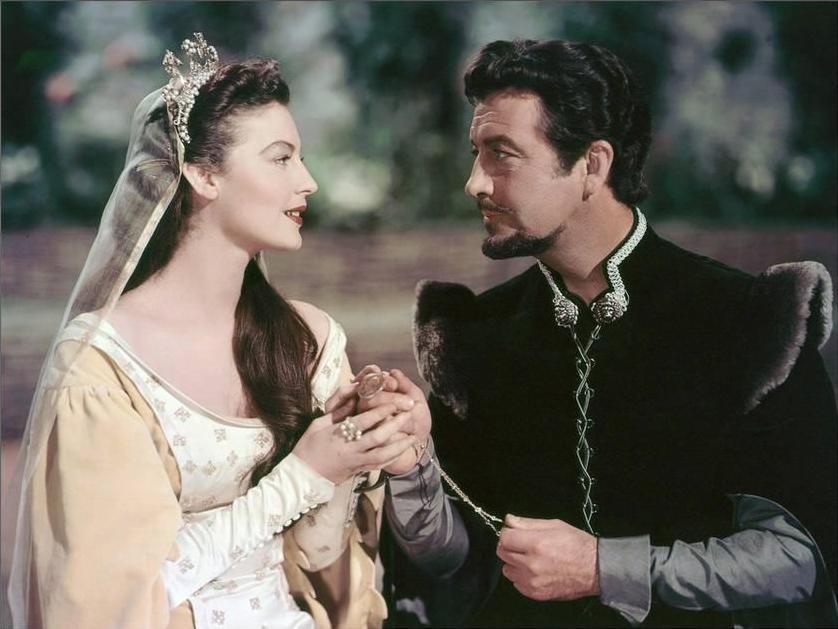
Although I did not know it at the time, Richard Thorpe is the first director whose career I ever charted as an audience member. And though I cannot find his influence in my own work, I do not doubt that Richard Thorpe is present there. Richard Thorpe was a director who epitomized the classic Hollywood studio system. He helmed a diverse number of films from the musical biopic Three Little Words (1950) to the Esther Williams vehicle On An Island With You (1948) to the Technicolor adventure drama Ivanhoe (1952). But it is in this latter genre of campy macho heroics that Thorpe did his best work. Bringing a Romanticism to the big scope of the classic event film.
The second Richard Thorpe film I ever saw was The Knights Of The Round Table (1953). This film is decidedly more extravagant than say Vengeance Valley. It had a bigger budget, and its narrative encompasses a grander scale, the legend of King Arthur. Focusing on Robert Taylor as Lancelot, The Knights Of The Round Table does away with vast portions of the classic myth in favor of a campy action/adventure approach and a sense of design similar to Olivier’s Richard III (1955). The emphasis is on battle, sword fights, and bedding Ava Gardner.
Thorpe employs wide shots almost exclusively, relegating close-ups for the sensual glances shared by Taylor and Gardner. Every battle and duel becomes endowed with an operatic scope. If King Arthur was a legend before, Thorpe has ensured that it is a legend still. But there is a child like idolization of the characters and the setting. The sentimentality present in The Knights Of The Round Table is absent in all of Thorpe’s other films I’ve seen, even the remarkably similar Ivanhoe.
Between films like Vengeance Valley and The Knights Of The Round Table there is a consistent technical style, and the evidence of an artist’s approach to the material. This is why it is a necessity to constantly re-evaluate and reconsider those films that we often only hear about late at night watching Turner Classic Movies.
